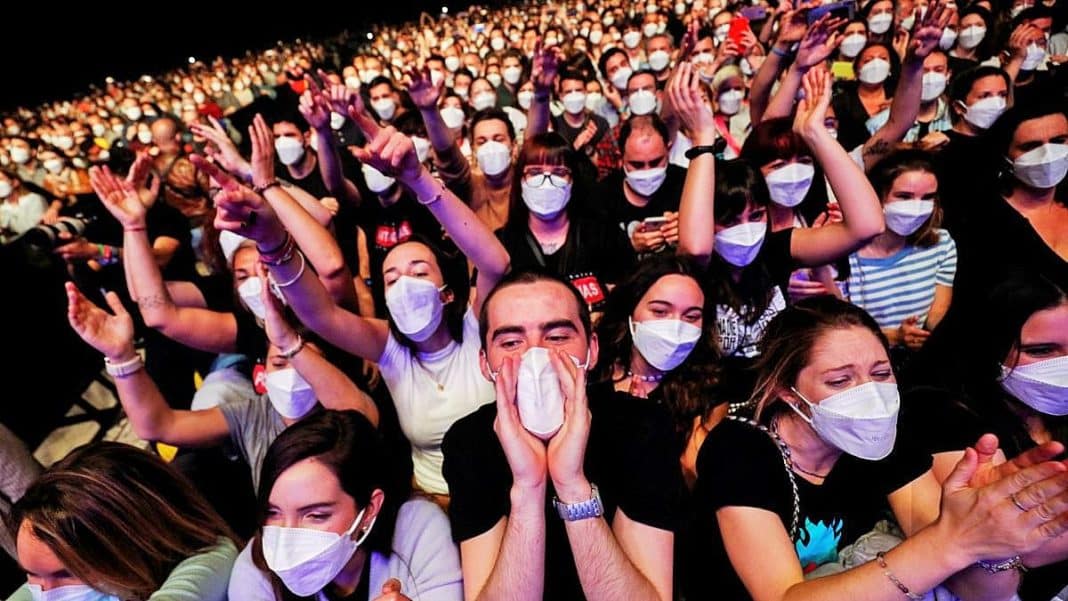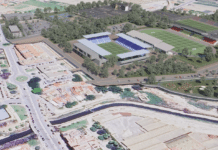After more than a year of restrictions and social distancing, the Generalitat is studying the possibility of, once again, allowing the organisation of large cultural and sporting events with audiences and spectators.
The experimental concert held a month ago in Barcelona “the Love of Lesbians,” brought together 4,600 people, and the favourable results that are now being seen have been a determining factor in the re-positioning of opinion by the Consell.
The vice president of the Valencian Government, Mónica Oltra, said on Friday, that the possibility of organising “safe cultural events” is being evaluated, “not only because of the economic issue, but also for the emotional health of the public.”
“Any decision made, above all, will have to ensure that people’s health and lives are protected”, so that the very last detail of the security protocols is stringently monitored. All this, of course, will only happen if the epidemiological situation does not worsen in the Community, which in recent weeks has positioned itself as the one with the lowest incidence of coronavirus in the country.
The Consell has already confirmed that Hercules FC can admit 2,000 spectators for their next match against UD Llagostera on Wednesday in the Rico Perez, but they must be distributed evenly in each of the four stands. However, in a stadium with a capacity of 30,000 social distancing will not be a problem.

The concert in Barcelona two weeks ago, though, was a completely different situation, with an audience of over 4,500 people gathering in the Palau Sant Jordi without safety distance but wearing masks.
In the following 14 days, six infections were registered among the 4,592 people who attended and, according to the organisers, four of the transmissions did not occur on the premises. This has been determined by doctors from the Foundation against Aids and Infectious Diseases and the Hospital Universitario Germans Trias i Pujol, who have made the results public.
The concert was attended by a delegation of Health from the Valencian Community, led by the regional secretary of Public Health, Isaura Navarro, which generated criticism among the political opposition.
On her bus trip to watch the concert, Navarro was accompanied by members of Turisme Comunitat Valenciana and a number of musical promoters.
The regional secretary said that they attended the event to learn about the protocol and procedures to be followed, and now, seeing the result, everything indicates that similar mass events could be organised in the Community.
However, the cost of holding a concert like the one in Barcelona, which brought together numerous scientists and health workers to carry out the antigen tests on everyone attending, would hardly make it profitable for any promoter without the assistance of Turisme Comunitat Valenciana.
But the president of the Generalitat, Ximo Puig, advocates maintaining some restrictions, including the curfew, after the end of the state of alarm . He said that the restrictions “will not disappear” with the end of the state of alarm on May 9 adding that decisions will be made in a “calm and orderly” manner for a “prudent” de-escalation.
When asked about the curfew, he declared that “some restrictions will undoubtedly continue, and I think that the curfew has been a very useful instrument that has helped society’s ability to react, but he warned that if there is to be an economic and social recovery in the summer, the alarm status cannot be maintained.





